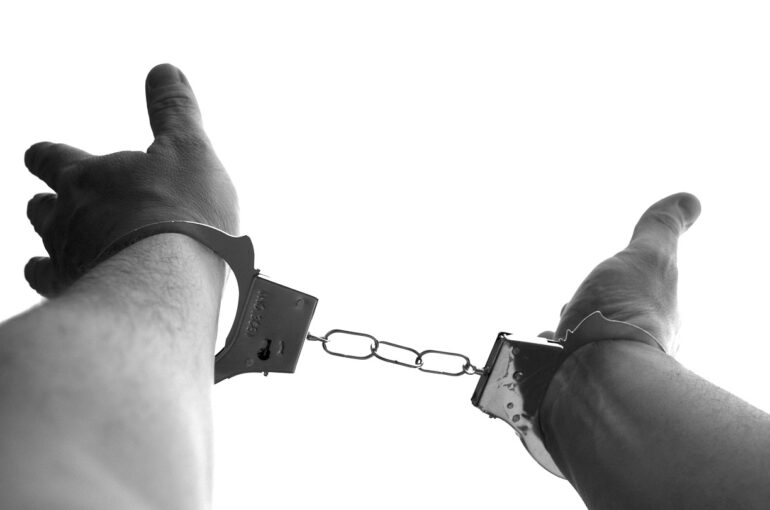European Arrest Warrant vs. European Investigation Order
European Arrest Warrant vs. European Investigation Order
The European Arrest Warrant (EAW) and the European Investigation Order (EIO) are legal measures that form the basis of EU judicial cooperation in the course of criminal proceedings.
The European Arrest Warrant allows for the swift prosecution or surrender of criminal defendants abroad, while the EIO allows for the swift execution of an evidentiary act or the obtaining of evidence that is located or can be conducted on the territory of another European Union member state.
The use of these measures is very popular with law enforcement authorities in Poland and the European Union. Both are part of Polish Criminal Law system.
What is a European Arrest Warrant?
A European Arrest Warrant is a judicial decision issued by a European Union member state for the arrest and surrender by another member state of a requested person for the purpose of conducting criminal proceedings or executing a custodial sentence or a detention order.
The authority authorized to request EU member states to arrest and surrender a person prosecuted on the basis of an European Arrest Warrant is the locally competent district court, at the request of the prosecutor of the member state concerned.
The factual premise for the issuance of an European Arrest Warrant is, in accordance with Article 607a of the Code of Criminal Procedure, the suspicion that a person prosecuted for a crime committed on the territory of the Republic of Poland is in the territory of another EU member state (the so-called execution state).
The issuance of an European Arrest Warrant is inadmissible if it is not required by the interests of justice and when in connection with criminal proceedings against a prosecuted person for an offense punishable by imprisonment of up to one year and for the purpose of enforcing a sentence of imprisonment of up to 4 months or any other measure involving deprivation of liberty for a period not exceeding 4 months.
European Arrest Warrant in Poland
In Poland – district court’s decision on an European Arrest Warrant issued under Article 607a of the Code of Criminal Procedure is not subject to complaint.
The execution of the European Arrest Warrant must therefore be challenged in the country of its execution. In Poland, on the other hand, it is possible to challenge the decision that is the basis for the issuance of the European Arrest Warrant, which is most often the decision to apply temporary arrest.
The decision to surrender a prosecuted person is made by a judicial authority of the executing state.
Poland requests the surrender of persons on the basis of the European Arrest Warrant in cases involving all types of crimes from the Criminal Code.
What is a European Investigation Order?
It is a decision of a court or a prosecutor or other investigative authority issued ex officio or at the request of a party, defence counsel or attorney, in case of the need to carry out or obtain evidence that is or can be carried out on the territory of another European Union member state.
By way of EIO, any investigative action may be performed.
European Investigation Order in Poland
It is worth mentioning that by means of the EIO it is also possible to interrogate a witness, suspect or defendant, who is in the territory of another EU country, under conditions of freedom, without the necessity of appearance or transport of this person to Poland.
Law enforcement authorities in Poland for the purpose of carrying out activities with a suspect or defendant are much more likely to issue an European Arrest Warrant than an EIO, so it is important to have a defence attorney involved in the criminal proceeding and make appropriate requests in the course of criminal proceedings.
The decision to issue an EIO is not subject to complaint, unless a special provision on the action indicated in the EIO provides otherwise.
Arrest and Investigation in Poland – summary
Practice shows that Polish law enforcement authorities are more willing to issue European Arrest Warrants, although issuing an EIO to a person abroad could often be sufficient.
The effectiveness of both legal measures is high, no less the use of the European Arrest Warrant is sometimes abused by law enforcement agencies, which reach for the European Arrest Warrant often also in minor cases.
From the issuance of the European Arrest Warrant to the time of arresting the prosecuted person and transporting the prosecuted person to Poland passes a relatively short period of time, depending on the country executing the European Arrest Warrant, which, however, usually happens quickly.
Therefore, it is particularly important to have the assistance of defence counsel, who will verify the measures applied by the authorities, the possibility of their implementation and execution, and may take steps to revoke or modify them.
In order to protect the rights of persons prosecuted and wanted under the European Arrest Warrant, it is also necessary to cooperate with authorities and defence counsel both in Poland and abroad.
It is also important to ensure that the period of actual deprivation of liberty in the European Arrest Warrant executing state in connection with the surrender of a prosecuted person is properly counted against the sentence imposed or to be served.
All information regarding the above-described issues will be further explained by our criminal defence attorneys in Poland.


